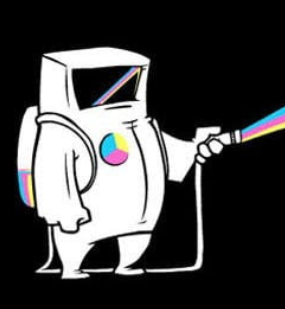Using a social perspective to autism, I would appreciate if there were a way to classify someone as autistic without calling it a disorder. Yes, we have difficulties, but from a social perspective, a lot of them come from society being structured to meet the needs of allistics. They get guidance, acceptance, and ultimately privilege of a world that is designed for them, while we have to try to meet their expectations. From this perspective, we’re not disordered, but oppressed/marginalized. How does that make us disordered?
I agree that there are different levels of functioning, and that some individuals might meet criteria for a disorder due to autism spectrum characteristics, so that would be valid. However, many individuals would function quite well in a setting that was designed to raise, educate, and accommodate autistic brains.
Anyone have any insight or ideas on this?


Couldn’t it be argued that homosexuality disrupted normal function in society due to societal expectations, which is also the primary way that ADHD produces functional disability? If society has different requirements would ADHD still be a disorder?
Just playing devil’s advocate.
Productivity and focus are not “societal expectations”. Sure if society was based around getting things half finished, then maybe. But we can make up all kinds of things to try to justify
No, since your own personal ability to function isn’t affected in homosexuality. Whereas with ADHD, you could have social support and still run into problems caused by ADHD. Similarly with ASD. That’s not really the case for homosexuality.
Some people (read those who take “go forth and multiply” literally and as an imperative) absolutely could. However, there is a basis in multiple older cultures in which gay/childless people helped support the society by taking care of the other members’ children and the elderly. Not everything was focused on the individual need to have more kids, but to help those who others had. It is more of a group idea. There’s more than enough children to sustain/grow the population, so it’s more important to have extra hands to care for those who are here.